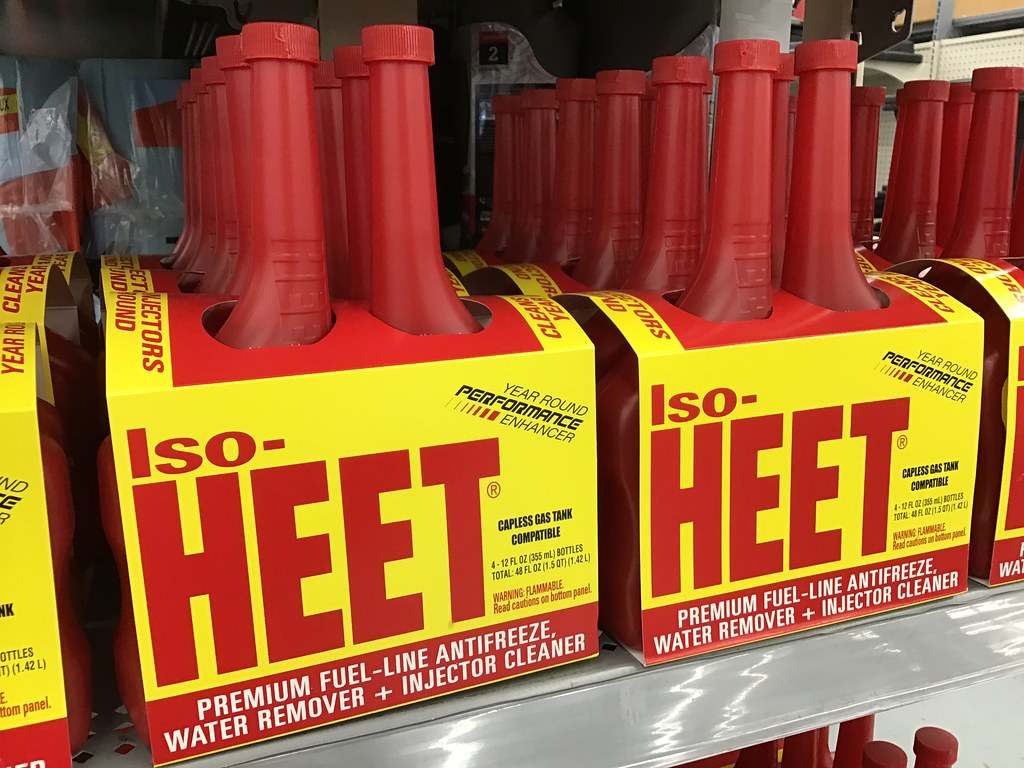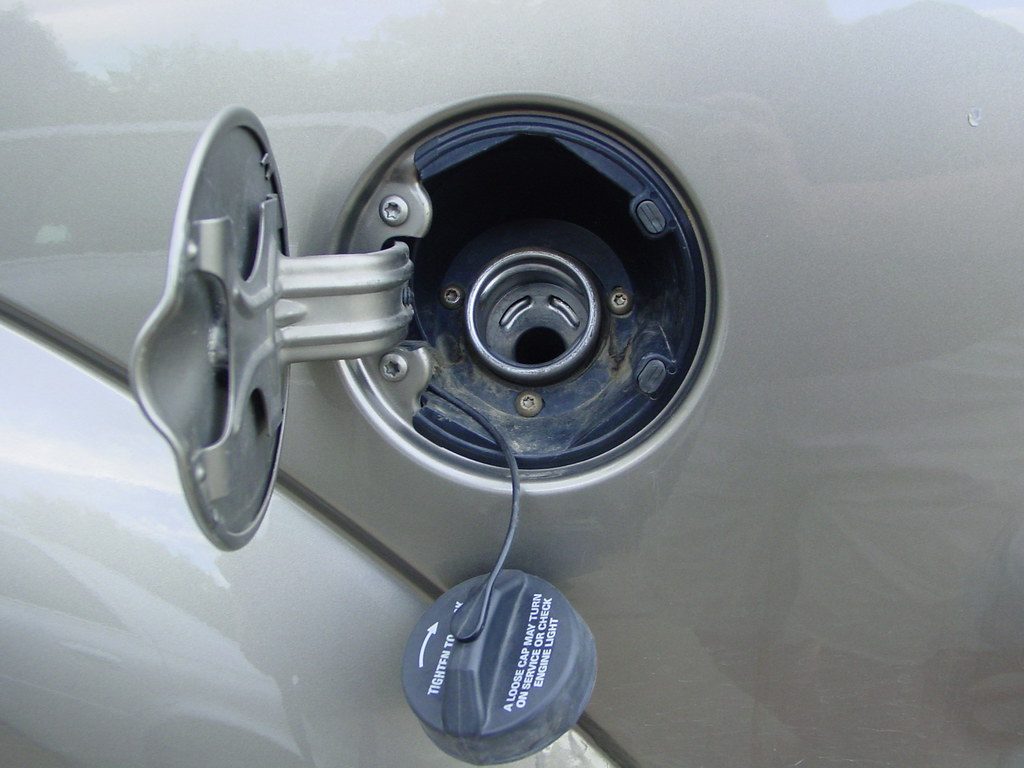Automobiles sometimes need additives in the fuel tank to protect and restore gasoline. Dry gas (the name of this product is Drygas) is an alcohol-based additive that mainly gives protection against water. A common reason for poor engine performance and failure of different components is water in the fuel tank, combustion chamber, fuel lines, and other related parts. But this additive looks after the engine by keeping water-related troubles at bay.
The Benefits of Adding Dry Gas to the Fuel Tank
You need to add Drygas directly to the fuel tank like any other fuel additive. Follow the product instructions to get the correct amount to be mixed up. The additive mostly removes water substances from fuel and locks up the moisture to prevent freezing.
Gasoline is often a mixture of many different hydrocarbons from oil. As it turns out, water can be mixed in as well. When the temperature gets sub-zero, the water will be frosted and form ice crystals that can create problems for your vehicle.

As gasoline can hold up some water, it can get into various components and cause malfunction. Also, excess moisture can quickly become solid when the temperature falls. Frozen gasoline can actually cause engine damage due to its increased viscosity.
Also, water-mixed fuel does not burn well in the combustion chamber. It not only decreases the engine performance but also corrodes various metal surfaces. These problems can lead to costly vehicle repairs later on.
Using Drygas will keep the fuel tank clean and free of corrosion. With it mixed into the fuel, you can stay worry-free about water contamination. This additive is available at auto parts stores, and you can add it to your vehicle tank during refueling.
SEE MORE
- Tips for Treating Car Gas Tank with Fuel Stabilizer
- Coolant and Antifreeze: Same Functions or Different?
How Does the Additive Work?
The main ingredient in the Drygas is isopropyl alcohol or methanol. Methanol has a higher density, making it more suitable for use in colder temperatures and places with high altitudes. Isopropyl alcohol has better combustion properties and works as an oxygenate to increase engine power.
Both the ingredients can bind well to the water in the fuel tank. When this compound element goes to the combustion chamber, it burns well with gasoline. As the additive locks up the moisture by forming a bond, water or vapor cannot get inside essential engine components.
Also, the alcohol-based liquid has an exceptionally low freezing point. For this reason, the fuel in the tank won’t freeze up even when the temperature outside drops below the freezing point.
Final Words
Using dry gas is not mandatory, but it’s always better to have it in the car’s fuel tank. This ensures that the vehicle is not running on water-contaminated gas. It also helps keep the engine working as efficiently as possible. It comes in handy in cold temperatures by keeping the gas diluted and running. Spending on the additive will be worth it in the end as it will save money and time and make sure you don’t potentially do damage to your car.



